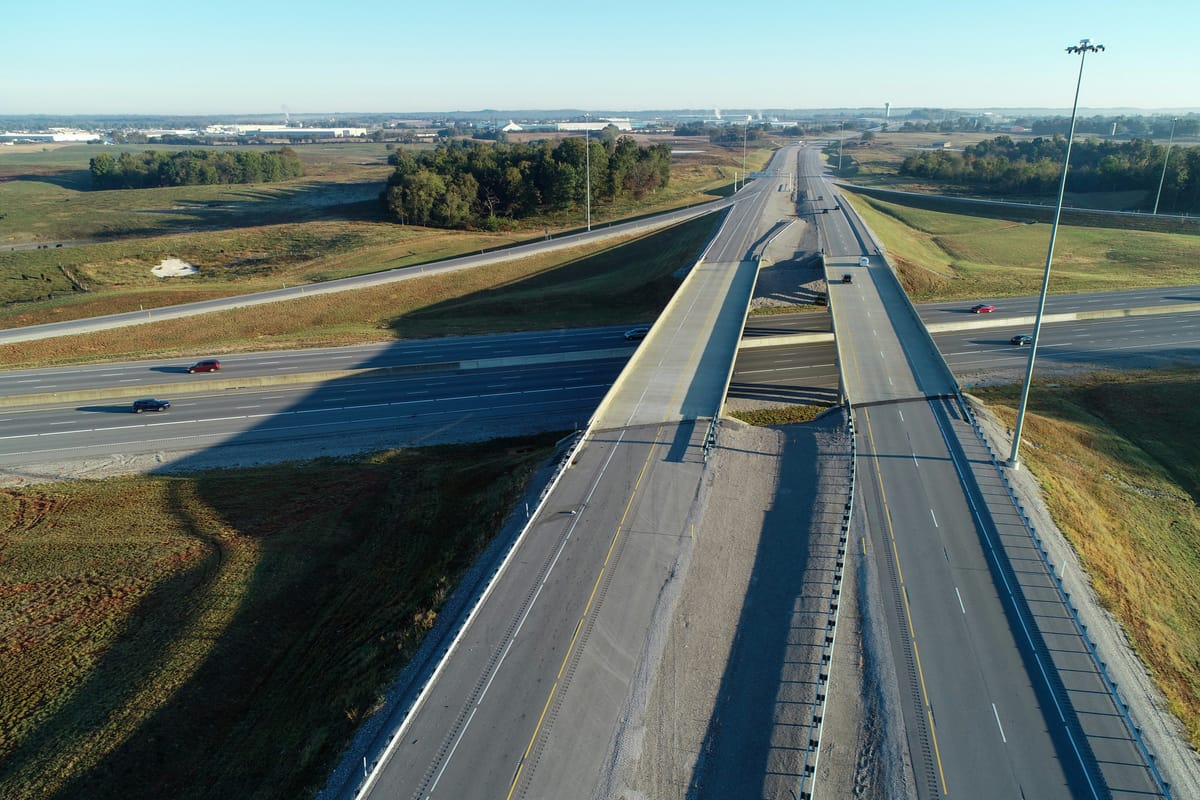North Carolina Supreme Court to Decide Future of Map Act Property Claims

RALEIGH, N.C. — The North Carolina Supreme Court has agreed to review two cases tied to the controversial Map Act, a now-repealed state law that allowed the Department of Transportation (DOT) to restrict property development within designated highway corridors. The cases, Sanders v. North Carolina Department of Transportation and Mata v. North Carolina Department of Transportation, focus on compensation disputes for property owners affected by the law.
Background on the Map Act
The Map Act, enacted in 1987 and declared unconstitutional in 2016, permitted the DOT to file official corridor maps for future highway projects. Property owners within these corridors were prohibited from developing their land, effectively freezing property values. The law’s repeal led to a wave of litigation as landowners sought just compensation for what courts have recognized as an unconstitutional taking of property rights.
Key Legal Disputes
The cases before the Supreme Court address how compensation should be calculated for affected property owners. The core issue is whether the Map Act’s restrictions should be considered “temporary” or “indefinite.” This distinction affects the amount the DOT must pay to settle outstanding claims.
A state Court of Appeals panel ruled last July that the restrictions were temporary, requiring a reassessment of compensation amounts. The DOT argues that this ruling contradicts previous Supreme Court decisions, including Kirby v. NCDOT (2016) and Chappell v. NCDOT (2020), which treated such restrictions as indefinite.
DOT’s Argument for Supreme Court Review
DOT lawyers have warned that the lower court’s decision could create confusion in future Map Act lawsuits and result in inconsistent rulings. The department contends that revising the measure of damages could lead to disparate treatment among property owners who have already settled their claims.
In their petition, DOT lawyers stated that the Mata decision imposes an “unworkable measure of damages” and could reopen previously settled cases, potentially costing taxpayers over $1 billion. The department has already spent more than $763 million resolving approximately 700 Map Act cases.
Property Owners’ Position
Plaintiffs in these cases argue that the DOT is seeking a financial “discount” on properties it took after the Map Act’s repeal. Attorney Stephanie Autry, representing plaintiffs in Mata, contended that property owners should receive compensation based on unrestricted market values rather than values depressed by now-defunct restrictions.
Similarly, attorneys for Sanders rejected DOT’s claim that the case could trigger a flood of new lawsuits. They argue that the department must pay for all interests it has taken, just as a private buyer would in the open market.
Potential Implications
The Supreme Court’s decision in these cases could have broad ramifications for North Carolina’s remaining Map Act claims. If the court sides with the property owners, the ruling could increase the cost of resolving outstanding cases. Conversely, a decision favoring the DOT could limit payouts and reinforce prior precedents on property compensation.
Oral arguments are expected later this year, with a ruling likely in 2025. Both sides will closely watch the case, as the outcome could shape future eminent domain law in North Carolina.
